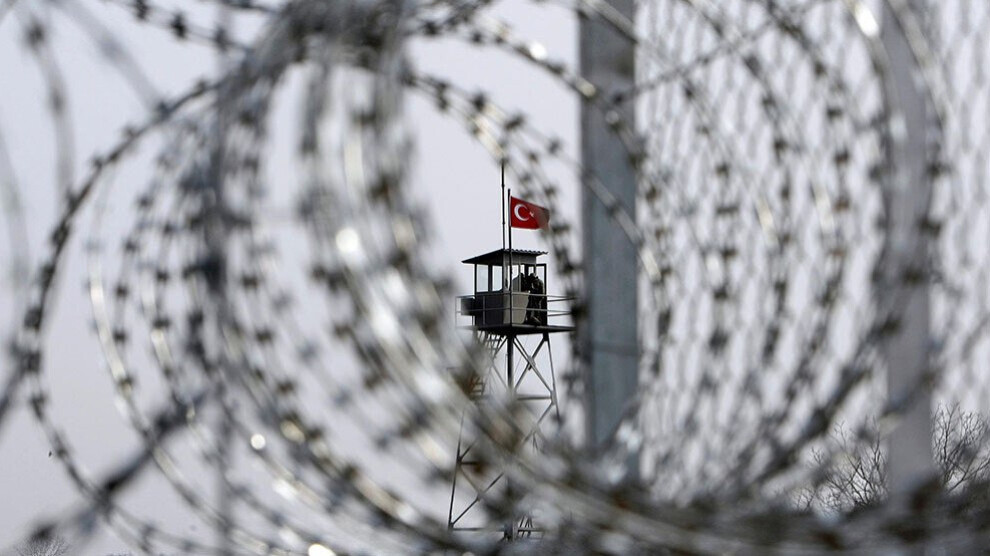PKK and PAJK prisoners: "We will not repent"
PKK and PAJK prisoners in Turkey are being pressured to make confessions of remorse after serving their regular prison terms. Those who refuse will remain in prison.
PKK and PAJK prisoners in Turkey are being pressured to make confessions of remorse after serving their regular prison terms. Those who refuse will remain in prison.

The prisoners of the Kurdistan Workers' Party (PKK) and the Free Women's Party of Kurdistan (PAJK) have issued a statement protesting the recent impositions to which political prisoners in Turkey are subjected. According to the statement, prisoners have recently been subjected to increased pressure to make confessions under the "repentance law." This action is taking place in parallel with the alternating hunger strike launched in late November 2020 against the isolation of Abdullah Öcalan and prison conditions in over 150 prisons.
In the letter, written by Isyan Kaya, PKK and PAJK prisoners demand an immediate end to this "initiative to deprive prisoners of their political identity." The letter reads, "A policy of forced confessions is being applied and prisoners are being threatened that otherwise the time they have left to serve in prison will be extended and their parole will be revoked.”
Kaya pointed out that political prisoners in Turkey have long been treated unequally and unfairly. According to Law No. 30 of the Turkish Anti-Terrorism Law (TMK), a body has been established consisting of doctors, teachers, technicians, directors and guards, Kaya said and continued, "The task of this body goes beyond the laws and the court verdict because this body has the power to decide whether a prisoner can be released or not, whether a prisoner's remission can be revoked or not, whether a decision is made to extend the prison term or not."
Special rooms for interrogation of prisoners
According to Kaya, political prisoners are asked questions in hearings such as, "What do you think about the PKK and Abdullah Öcalan? What will you do if you are released?" The purpose of these hearings is to pressure prisoners to repent of their past political actions.
"There are special rooms where they take the prisoners for questioning," Isyan Kaya wrote. The prisoners are routinely forced to "repent" and make confessions so that they will also be released after serving their regular prison terms.
"We will not repent"
Kaya referred to the resistance in Amed dungeon after the 1980 military coup and stated, "We are following in the footsteps of these heroines and heroes, and we are their successors. We will never allow fascism to rule over our life values. We will continue honorably and take our achievements to the next level with our resistance. As PKK and PAJK prisoners, we will not accept these illegal practices. We will not answer these illegal questions and we will not repent. We call on everyone to defend our human dignity and rights. We hereby declare that we will resist such applications and defeat fascism."